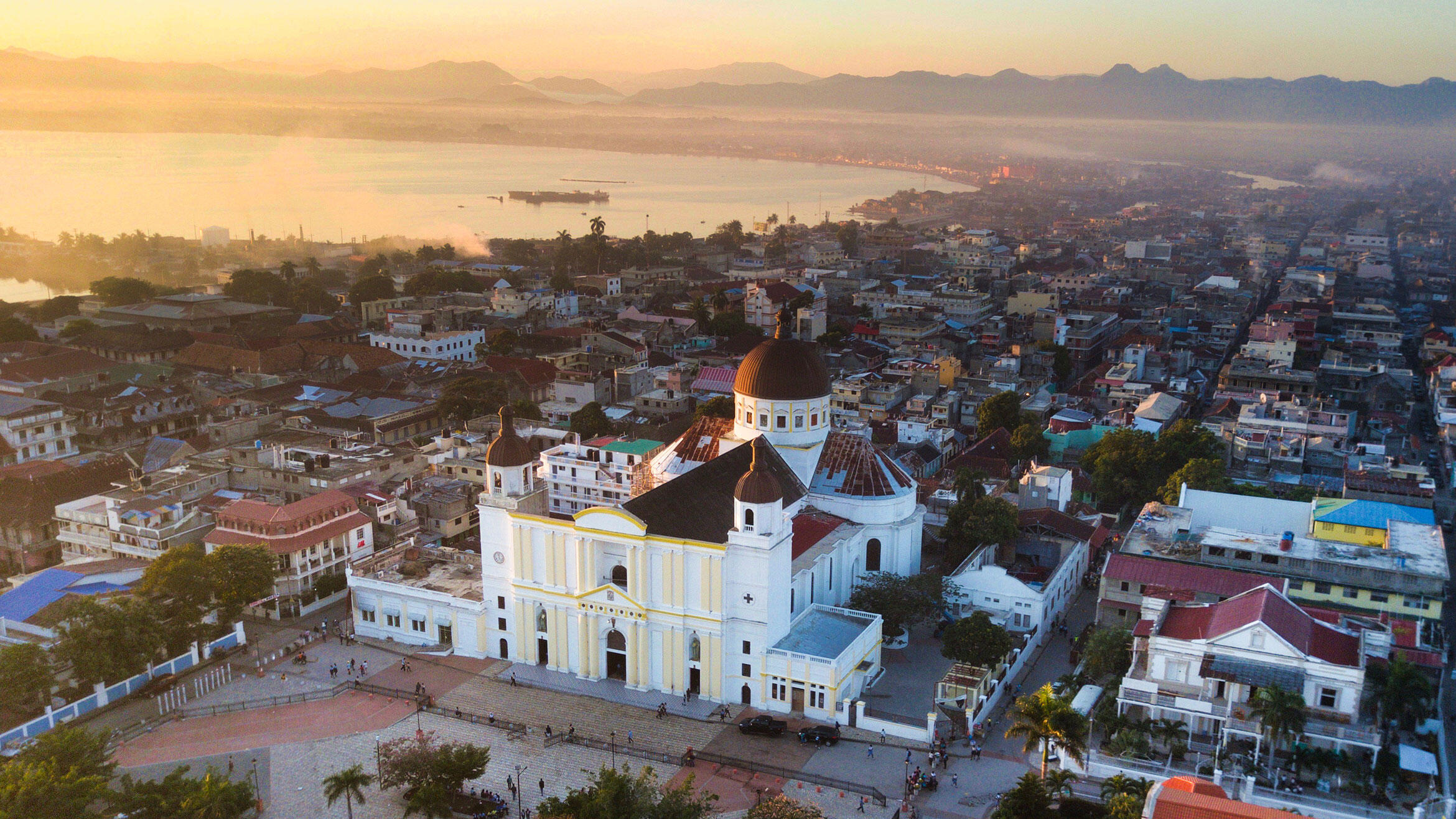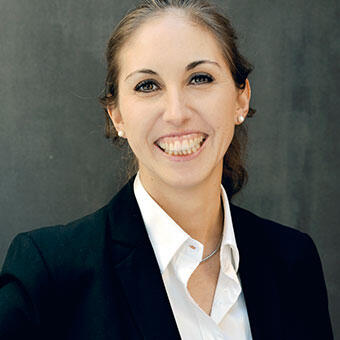Modern continuing education centre for skilled workers in Haiti
THE MAK'ED TEAM GmbH & Co. KG • Private university raises its profile and ability to act on the education market

Morning at the Cathédrale Notre-Dame de l’Assomption in Cap-Haitien, Haiti
THE MAK'ED TEAM is a German-based consultancy firm for small and medium-sized companies. It offers long-term solutions to challenges in management, company development and training. Its clients include both private companies and public institutions worldwide. Since its founding in 2015, the company's work has had a strong international focus.
One of THE MAK'ED TEAM's core competencies is the development, implementation and management of continuing education and training programmes, incubator centres and vocational education and training centres to support skilled workers and to train young people to meet the demands of the labour market. The training programmes are practice-based, interactive and are designed in cooperation with companies to ensure that their specific needs with respect to trained employees are fulfilled.
Thanks to long-established partnerships and contacts in Haiti, as well as a colleague on site, a project partnership with the private University Quisqueya was created. Generally speaking, Haiti has a strong need for quality continuing education and training for all private and public sectors and areas. The university was founded by local companies some forty years ago in order to offer practice-based training, and it looked for an international company which could restructure and modernise its existing continuing education centre for people who are already employed.
New digital learning solutions
The key tasks included a new focus with respect to the centre's strategy and core approach, modernising the educational provision including digital solutions, as well as the development of a language centre, setting up a quality management system and providing education and training to trainers. The package was rounded off by establishing modern sales and marketing structures.
Another aim of the project was for the continuing education centre to become financially sustainable via participant fees and to be led by a team with its own standards and processes. To help achieve this, steps were taken early on to gradually place management in the hands of the local team via mentoring, coaching and training.
The entire management of the continuing education centre was consistently oriented towards current market requirements. Programmes, topics and courses were established to meet both the needs of local companies and German and international standards.
Extending the value chain
The centre represents an important extension of the university's value chain. In addition to a high-quality study programme with a mainly theoretical focus, the continuing education centre provides the university with a tool to support local companies by teaching equally valuable practical skills. The continuing vocational education and training for many employees who have either little or no formal training benefits not only the participants and their employers—it also boosts the university's profile and its capacity to act on the education market.
Several of the continuing education centre’s offers were designed for the tourism sector. Both general and tailor-made seminars for various jobs and management levels were offered. Important topics for the operational area were "customer service", "communication" and "conflict management". In addition, there were language courses as well as introductory and advanced seminars for areas such as "Training as a tour guide", "Working on reception" and "Working as a waiter". The offers for the management and supervisory levels focused mainly on leadership, communication and team and task management, but also on strategic topics and company development.
During the project period, training was provided for numerous staff from hotels and restaurants, the airport, and several airlines in various regions of Haiti. Most of the seminars were tailored to specific needs and lasted one to three days.
Communicating as equals
The project ended in March 2020, at which point management of the centre was fully handed over to the continuing education centre’s team. The cooperation between the university and THE MAK'ED TEAM over the two years of the project was characterised by mutual respect and trust and communication as equals. This is one key reason why, despite many political and economic challenges in the country, the project has been and continues to be very successful.
The lasting value of the business model is acknowledged by Jacky Lumarque, rector of the University Quisqueya: "I recognise the remarkable work which you have done for the university, first in setting up this centre, then in revitalising it and putting it on a satisfying path of development despite the enormous economic difficulties which have led numerous companies to cease doing business."
I recognise the remarkable work which you have done for the university, first in setting up this centre, then in revitalising it and putting it on a satisfying path of development [...]
Jacky Lumarque, rector of the University Quisqueya

